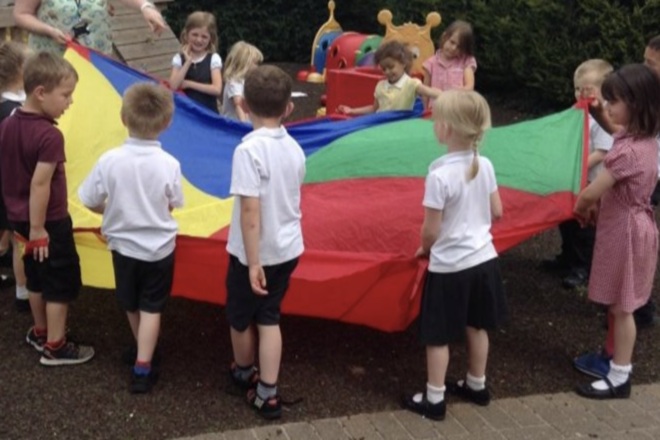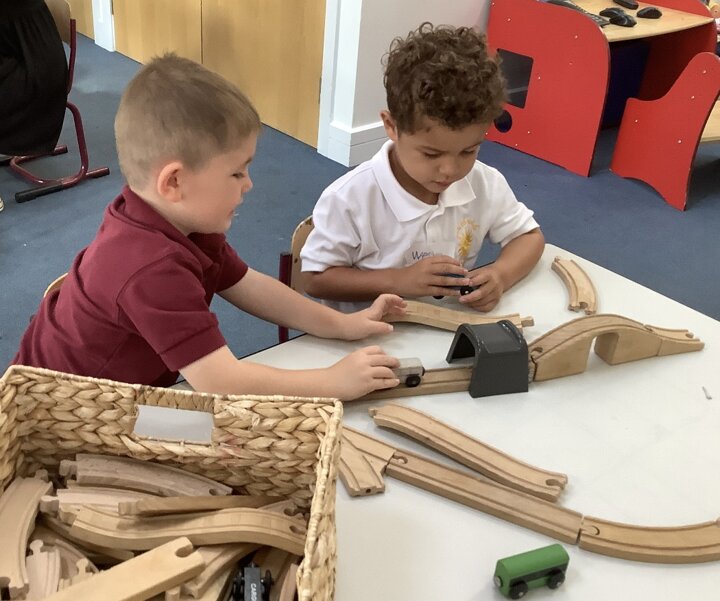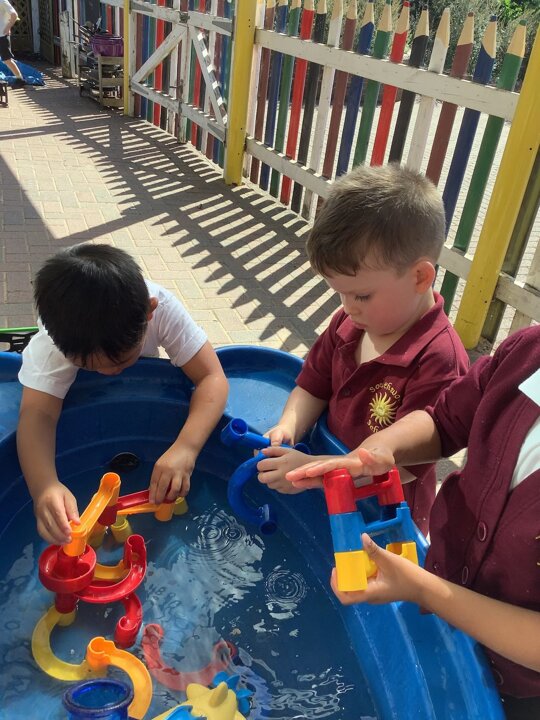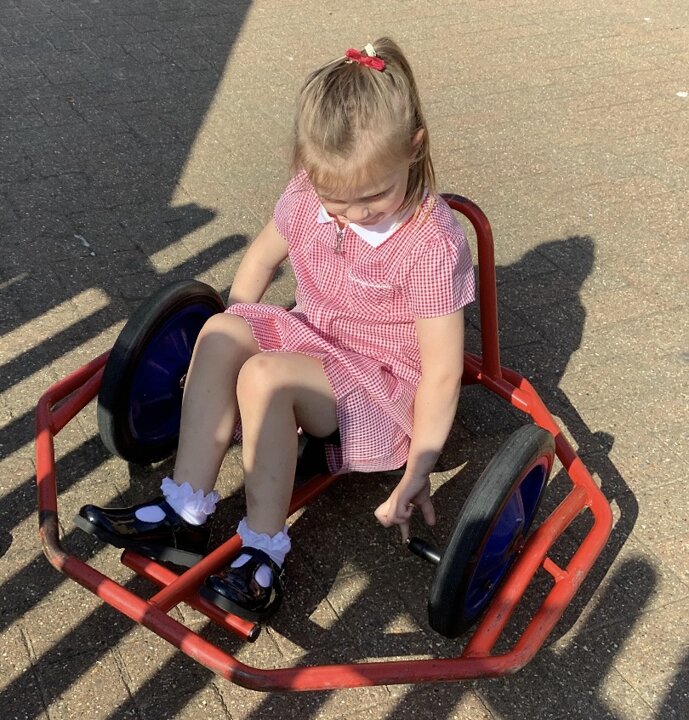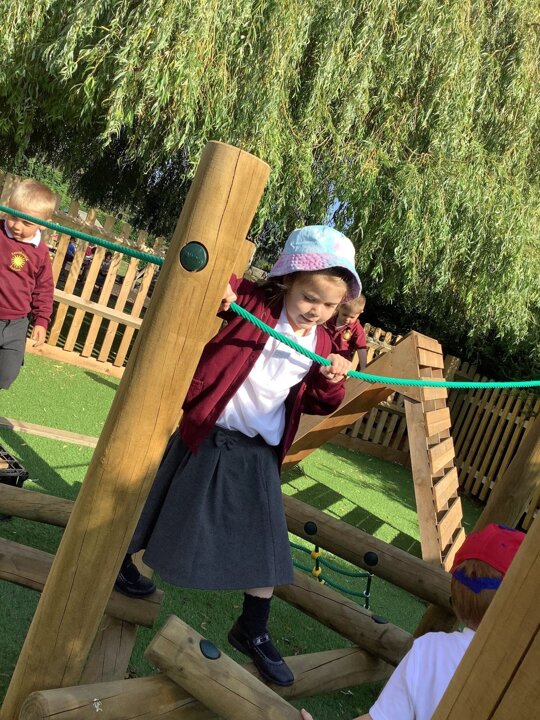There are 3 Prime areas which lay the foundations to develop their further learning. These areas are also extremely important for 'igniting children's curiosity and enthusiasm for learning, forming relationships and thriving', as stated in the statutory framework for the early years foundation stage.
Personal, Social, And Emotional Development (Self-Regulation, Managing Self, Building Relationships)
This prime area focuses on children learning how to work, play, co-operate with others, and function in a group beyond the family. It covers important aspects of personal, social, moral, and spiritual development, including the development of personal values, self-regulation, and an understanding of self and others.
In the early years, children will begin to show an understanding of their own feelings and those of others and begin to regulate their behaviour accordingly. They will start to work and play cooperatively and take turns with others. During their time with us, children will become more confident to try new activities and they will begin to show independence, resilience, and perseverance when faced with different challenges. When ready, children will start to manage their own basic hygiene and personal needs and will begin to understand the importance of healthy food choices.
Physical Development (Gross Motor and Fine Motor Skills)
This prime area focuses on children developing physical control, mobility, awareness of space, and manipulative skills in indoor and outdoor learning environments. They include negotiating space and obstacles carefully, demonstrating strength, balance, and developing coordination when playing and using varied-sized tools, leading to the use of scissors, paintbrushes, and cutlery. Children start to make marks using different materials on small and large scales and work towards establishing their tripod grip.
Communication and Language (Listening, Attention and Understanding, Speaking)
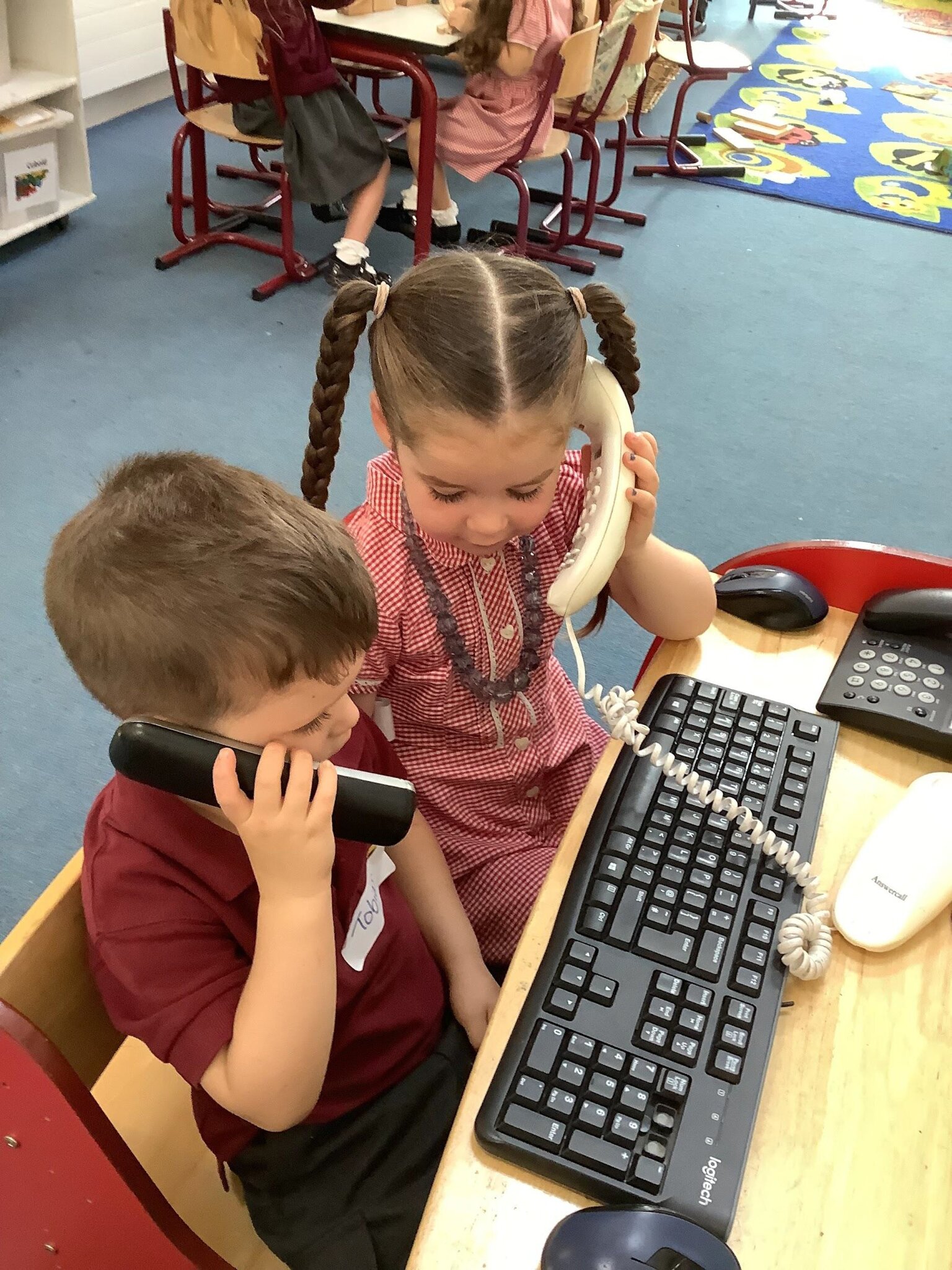
This prime area of the curriculum covers important aspects of language development and provides the foundation for Literacy. The learning intentions focus on children's developing competence in speaking and listening. At Southwold, we use our learning environment to engage and interact with the children, modelling and inspiring the use of vocabulary through play. 'Wellcomm' small group sessions also support children in Nursery and Reception and enable their confidence to grow, their sentence structure to develop, and their use of language to flourish. Other areas of learning also make a vital contribution to the successful development of Literacy, such as creativity, exploration, investigation, small world, and role-play.
In small groups, children listen attentively and talk about their experiences. They use a growing vocabulary with increasing fluency to express thought and convey meaning to the listener. They listen and respond to stories, songs, nursery rhymes, and poems. They make up their own stories, songs, and rhymes through 'Tales Toolkit' sessions, role play, and small world.
